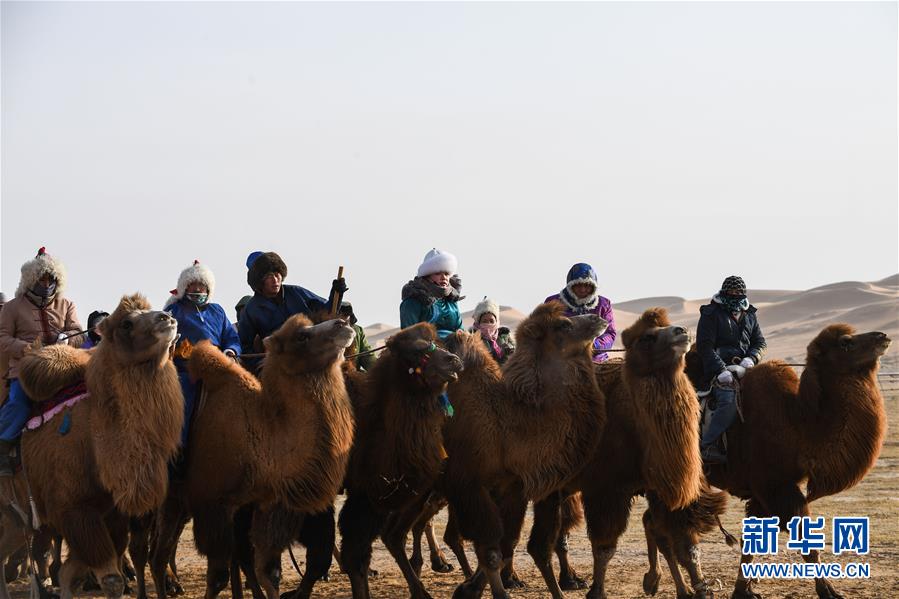中央媒体走基层|《中国日报》Yunnan sprouting into nation's 'vegetable basket'



Yunnan sprouting into nation's 'vegetable basket'
Poverty alleviation model expanded to enrich one of China's most fertile provinces
Long known for its breathtaking landscapes and ethnic diversity, Southwest China's Yunnan province is emerging as a national leader in specialty agriculture, transforming its once-impoverished rural regions into engines of economic renewal.
From sweet apples in Zhaotong to traditional cured meats in Xuanwei and leafy vegetables in Luliang, the highlands are cultivating not only crops, but also opportunities for the 88 counties in the province that have been lifted out of poverty.

Farmers pick apples at a production base of Zhaotong Chaoyue Agriculture in Zhao tong, Yunnan province. XU JING/FOR CHINA DAILY
Fruitful harvest
Perched on the Yunnan-Guizhou Plateau and located in the heartland of the Wumeng Mountains in the northeast of the province, Zhaotong was once a city with the largest impoverished population in China.
Now, it is Southwest China's largest producer of apples thanks to its low latitude, high elevation, generous sunshine and dramatic daily temperature swings. These ideal growing conditions have made Zhaotong's apples sweet, crisp and nationally recognized.
With nearly 66,700 hectares under cultivation, Zhaotong harvested 1.3 million metric tons of apples last year, generating a revenue of 15 billion yuan ($2.07 billion). The apple industry has directly benefited 138,000 households, touching the lives of over half a million residents, according to local officials.

Two farmers divide apples of various sizes into different categories at an orchard in Zhaotong in September. CHEN XINBO/XINHUA
In April of last year, apples from Zhaotong made headlines when they were included in the fresh food supply aboard the Shenzhou XVIII spacecraft.
A major individual orchard in Zhaotong's Zhaoyang district covers 6,670 hectares with 118 apple varieties, one of the largest of its kind. Yang Longjiang, director of the district's industry development center, said advanced agricultural techniques learned from New Zealand and elsewhere are yielding world-class results.
"The orchard applies dwarf root-stocks that yield fruit faster and uses an integrated drip irrigation system that can precisely deliver water and fertilizer, conserving precious resources," Yang said.
"Combined with monthly wages from working at the base, we can earn 80,000 yuan a year and live a better life," said Ding Kaiwen, a former tobacco farmer who works in the orchards with his wife. Their family also receives an annual land lease payment of 14,400 yuan.
The district's agricultural officials report that formerly impoverished households have seen average income increases of 4,800 yuan thanks to the apple boom.
Branding has also played a crucial role in the success of the local apple industry. The Zhaoyang Red, one of the region's signature apple brands, has earned 93 green food and multiple organic certifications, paving the way for exports to the United Arab Emirates, Thailand and beyond.
Premium supermarket chains such as Sam's Club and Freshippo stock Zhaotong apples, selling at 8 to 14 yuan per kilogram. Orchard tourism and fruit-picking festivals have also emerged to breathe new life into local economies.
High-tech ham
Xuanwei ham, a dry-cured specialty with a legacy dating back centuries, is another Yunnan food specialty that has found its place on the dinner tables of Chinese consumers. It sits alongside Italy's Parma ham and Spain's Iberico ham. In 2023, the pig farming and ham industry in Xuanwei generated over 18.5 billion yuan, producing nearly 70,000 tons of ham and lifting thousands of households out of poverty.

Cured meats are air-dried at a production base of local manufacturer Lap-Jon Ham in Xuanwei, Yunnan province. [Photo provided to CHINA DAILY]
Zhou Jianmei, quality control manager at leading brand Lap-Jon Ham, recalls the moment they realized tradition alone wouldn't be enough. "We knew the quality of our pigs was top-tier, but our production chain lagged behind Europe. So we went there to learn."
Inspired by European models, Lap-Jon Ham invested 360 million yuan into advanced facilities, importing Italian fermentation systems and automating the aging process to allow year-round production.
A modern factory capable of producing 3,200 tons of premium ham annually has been built, alongside salami and ham-filled pastries. Last year, the company reported an output value of 478 million yuan and created over 600 local jobs.
"We learned from the refined, standardized production processes abroad and adapted them to the unique characteristics of Xuanwei ham," Zhou said.
According to government data, over two-thirds of Xuanwei's 330,000 rural households are involved in pig farming. Their average incomes rose by 28,100 yuan in 2023, while 36,000 families previously living in poverty saw an average annual increase of 4,300 yuan.
Six "ham manors" in the city have further boosted income for 2,800 households and created more than 500 jobs, with average monthly wages hitting 4,500 yuan.
Zhou said the primary challenge now is popularization. While beloved in parts of southern China where cured meat has long been a traditional delicacy, Xuanwei ham remains unfamiliar in the country's north.
"When you mention 'ham' in the north, many people still think of processed sausage," she said, adding that better awareness among Chinese consumers in the future is expected to expand the market.
Leafy ambitions
The agricultural reinvention of Yunnan extends to the vast, fertile plains of Luliang county in Qujing, the largest flatland on the Yunnan-Guizhou Plateau.

A farmer harvests Chinese broccoli at a plantation in Luliang, Yunnan province, in January last year. WANG YONG/FOR CHINA DAILY
The unique geography and climate of the county in the east of the province have made it an agricultural powerhouse, and the thriving vegetable industry is feeding cities across China and reaching tables as far away as Dubai.
With 6,000 hectares of cultivated land yielding 2.45 million tons of vegetables in 2023, Luliang generated 7 billion yuan, nearly half the county's total agricultural output.
The region has an average annual temperature of 15.2 C, a frost-free period of 335 days, fertile soil and abundant water resources, making year-round production of vegetables possible.
"Thanks to these favorable natural conditions, we can grow a wide variety of fresh, eco-friendly vegetables all year round," said Zhang Raofang, deputy director of Luliang's agriculture and rural affairs bureau.
Italian lettuce, romaine, napa cabbage and Shanghai bok choy are among the stars of the leafy industry. About 93 percent of its harvest is shipped to markets from Beijing to Dubai, Zhang said.
Advanced infrastructure has contributed to the success of the industry. Home to Southwest China's largest cold-chain logistics park, the county dispatches 10,000 tons of vegetables daily, serving the Guangdong-Hong Kong-Macao Greater Bay Area and elsewhere. In 2023, its import-export vegetable trade reached $5.16 million, a 237 percent year-on-year increase.
"The lettuce grown here is thick, crisp and of excellent quality," said Zhang Zixiong, chairman of Yunnan Yuanheng Agricultural Development Corp. His company manages 180 hectares and works with local farmers on another 1,333 hectares.

Farmers reap seasonal vegetables in a field in Luliang in May. WANG YONG/XINHUA
The company recently expanded its export markets to Southeast Asia and the Middle East and has hired young college graduates majoring in foreign languages to help manage its business overseas.
Huang Hongdong, a major vegetable producer in the county, cultivates 6.67 hectares of Chinese arrowhead (Sagittaria sagittifolia), an aquatic tuber known as cigu in Chinese. "Half of our products now go to Malaysia. They really value the taste and quality," Huang said.
The vegetable industry employs 210,000 people in Luliang, from planting and processing to packaging and transport, boosting average household incomes by over 28,000 yuan a year, according to Zhang from the agriculture bureau.
As demand for safe, high-quality vegetables grows, Luliang is playing a greater role in both China's national "vegetable basket" and the global food supply chain, he added.
This year marks the final stage of a five-year transition period aimed at consolidating the gains made in poverty alleviation and ensuring a seamless shift toward rural vitalization.
By cultivating high-quality agricultural specialties and expanding access to broader markets, residents in some of Yunnan's formerly poor regions have not only emerged from poverty but are embracing sustainable opportunities for long-term improvement in their lives.
来源:中国日报


(责任编辑:焦点)
-
 发布者:冬冬 浏览量:6730发布时间:2022/3/31 15:13:43 作为秋冬饮品市场上的主力军,奶茶具有消费需求大,,动销走量大等特点,是经销商必入的热门品类!统一
...[详细]
发布者:冬冬 浏览量:6730发布时间:2022/3/31 15:13:43 作为秋冬饮品市场上的主力军,奶茶具有消费需求大,,动销走量大等特点,是经销商必入的热门品类!统一
...[详细]
-
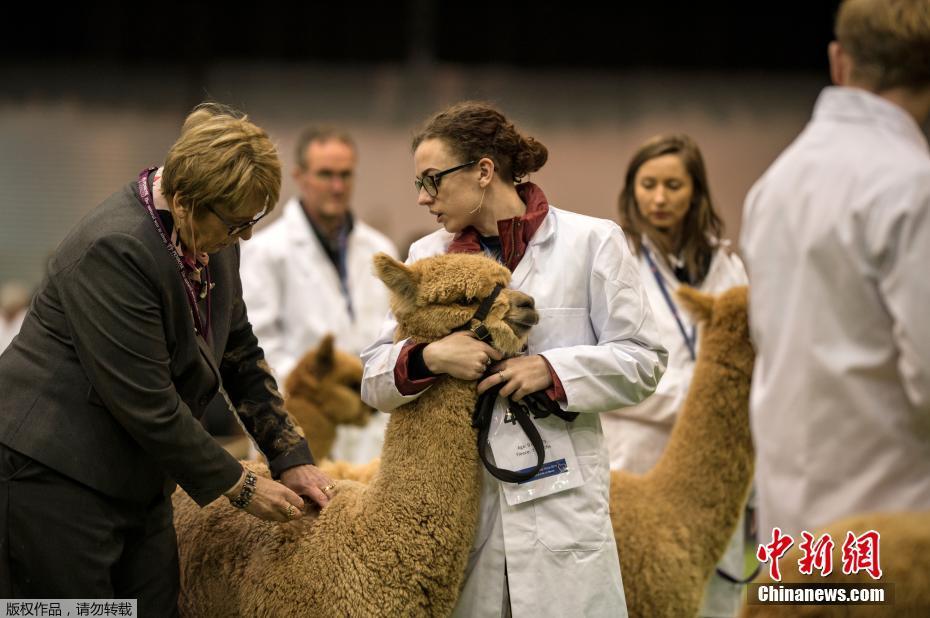 截至4月23日,北京口岸今年出入境人员量突破600万人次,较去年同期增长22%。北京出入境边防检查总站23日介绍,今年以来,随着出入境政策的调整和一系列移民管理便利人员往来政策措施的推行,北京口岸出入
...[详细]
截至4月23日,北京口岸今年出入境人员量突破600万人次,较去年同期增长22%。北京出入境边防检查总站23日介绍,今年以来,随着出入境政策的调整和一系列移民管理便利人员往来政策措施的推行,北京口岸出入
...[详细]
-
 东南网6月30日讯福建日报记者 黄星榕) 28日至29日,由省委宣传部、省文旅厅指导,厦门市委宣传部、厦门市文旅局出品,厦门保利剧院管理有限公司制作的音乐剧《鼓浪之声》在福建大剧院连演两场。该剧以鼓浪
...[详细]
东南网6月30日讯福建日报记者 黄星榕) 28日至29日,由省委宣传部、省文旅厅指导,厦门市委宣传部、厦门市文旅局出品,厦门保利剧院管理有限公司制作的音乐剧《鼓浪之声》在福建大剧院连演两场。该剧以鼓浪
...[详细]
-
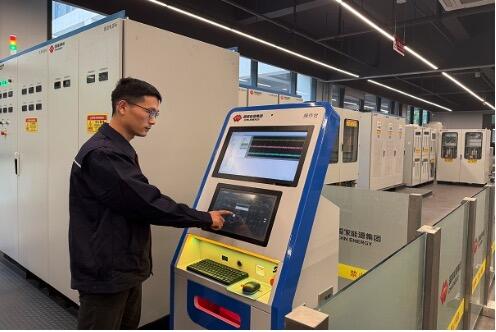 近日,由龙源电力牵头研发的专用于风电IGBT功率组件测试领域的功率测试平台,在国家能源风电运营研发中心正式投运,助力提升IGBT功率组件检测效率与故障诊断智能化水平,为发电场站的良好运营提供有力支撑。
...[详细]
近日,由龙源电力牵头研发的专用于风电IGBT功率组件测试领域的功率测试平台,在国家能源风电运营研发中心正式投运,助力提升IGBT功率组件检测效率与故障诊断智能化水平,为发电场站的良好运营提供有力支撑。
...[详细]
-
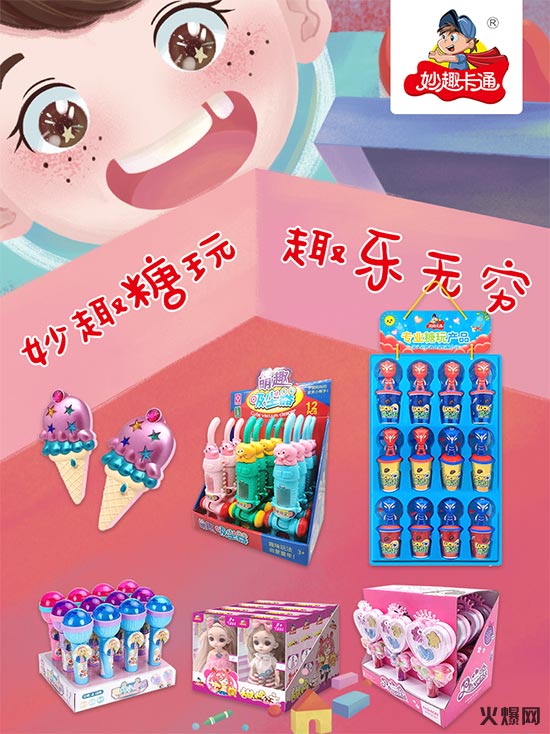 发布者:蒙蒙 浏览量:6717发布时间:2022/3/17 15:53:47 一直以来,春夏都是快消行业商家的必争之地。而在黄金旺季中,尤属儿童经济如日中天,儿童经济市场增量
...[详细]
发布者:蒙蒙 浏览量:6717发布时间:2022/3/17 15:53:47 一直以来,春夏都是快消行业商家的必争之地。而在黄金旺季中,尤属儿童经济如日中天,儿童经济市场增量
...[详细]
-
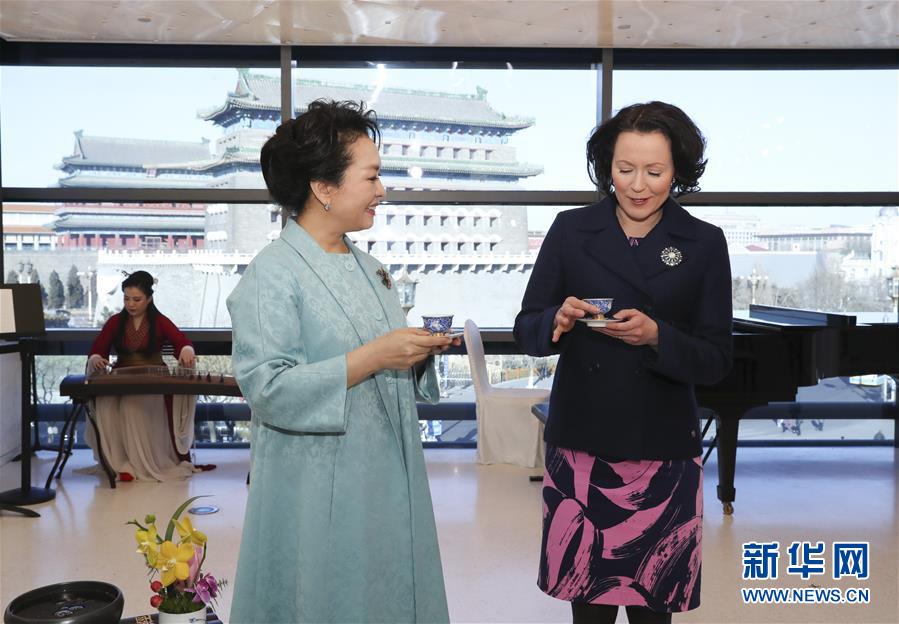 冰火两重天!利拉德首节神准下半场冰凉仅进俩球发布时间:2022-03-20 13:35 来源:豫都网 我要投稿[摘要]数据 投篮点 实录 网友热议 北京时间4月23日,在今天进行的NBA季后赛西部首轮
...[详细]
冰火两重天!利拉德首节神准下半场冰凉仅进俩球发布时间:2022-03-20 13:35 来源:豫都网 我要投稿[摘要]数据 投篮点 实录 网友热议 北京时间4月23日,在今天进行的NBA季后赛西部首轮
...[详细]
-
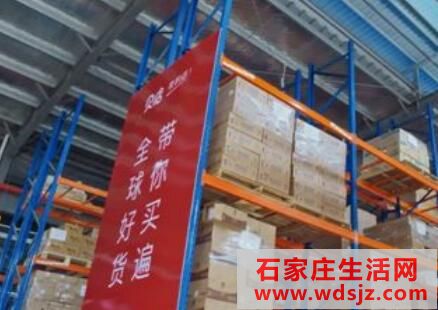 贝店开店俨然已经成为一种风尚和潮流,不管是待产孕妇、白领、宝妈、大学生,还是家庭妇女,而且贝店的仓储、物流、客服系统都是一流的,这更让贝店深受消费者、贝店主的喜爱:似乎已经到了“人手一家贝店”的局面了
...[详细]
贝店开店俨然已经成为一种风尚和潮流,不管是待产孕妇、白领、宝妈、大学生,还是家庭妇女,而且贝店的仓储、物流、客服系统都是一流的,这更让贝店深受消费者、贝店主的喜爱:似乎已经到了“人手一家贝店”的局面了
...[详细]
-
 在16日举行的第三届链博会贸促智库交流活动暨全球供应链报告与指数发布会上,中国贸促会研究院院长赵萍说,技术创新对全球供应链的驱动作用越发显著,增强现实、生成式人工智能等数字技术不断发展成熟,碳捕集与封
...[详细]
在16日举行的第三届链博会贸促智库交流活动暨全球供应链报告与指数发布会上,中国贸促会研究院院长赵萍说,技术创新对全球供应链的驱动作用越发显著,增强现实、生成式人工智能等数字技术不断发展成熟,碳捕集与封
...[详细]
-
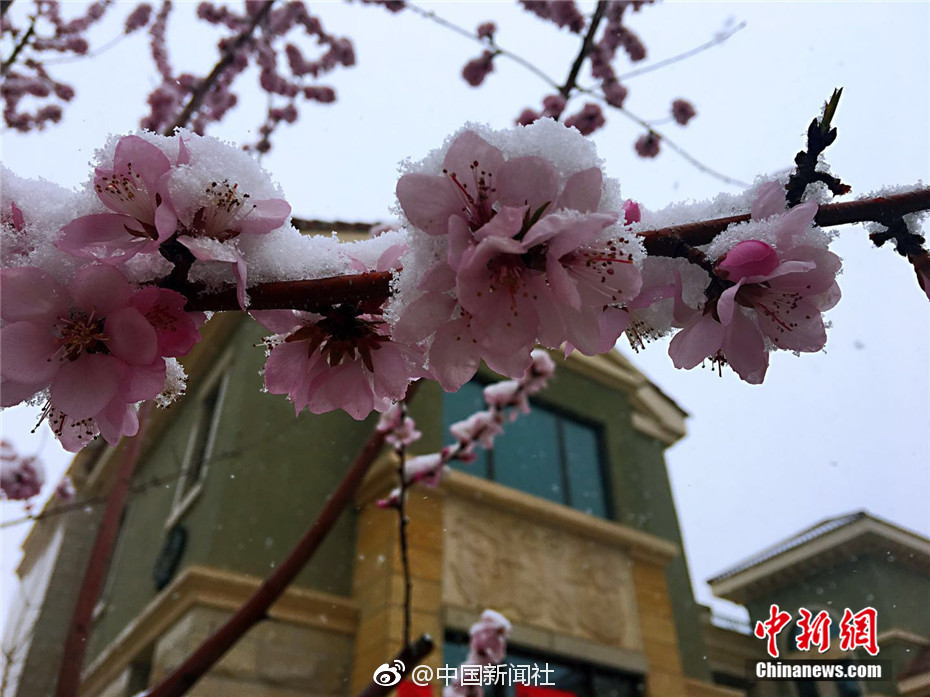 为切实加强肉制品安全监管,进一步提升全市食品生产质量安全水平,近日,市市场监管局印发了《榆林市肉制品质量安全提升行动实施方案2021—2023年)》。方案要求,各县市区要严格落实食品安全法
...[详细]
为切实加强肉制品安全监管,进一步提升全市食品生产质量安全水平,近日,市市场监管局印发了《榆林市肉制品质量安全提升行动实施方案2021—2023年)》。方案要求,各县市区要严格落实食品安全法
...[详细]
-
 4月23日是第30个世界读书日,以“书香连心桥·青春共未来”为主题的2025“中越青年共读”活动,在广西东兴国门书店举办。中越青年代表分别
...[详细]
4月23日是第30个世界读书日,以“书香连心桥·青春共未来”为主题的2025“中越青年共读”活动,在广西东兴国门书店举办。中越青年代表分别
...[详细]

 浙大经济学院学生遭拒签后,还有其他项目涉嫌造假
浙大经济学院学生遭拒签后,还有其他项目涉嫌造假 北新嘉宝莉半年战况:实现销售额与净利润双增长!
北新嘉宝莉半年战况:实现销售额与净利润双增长!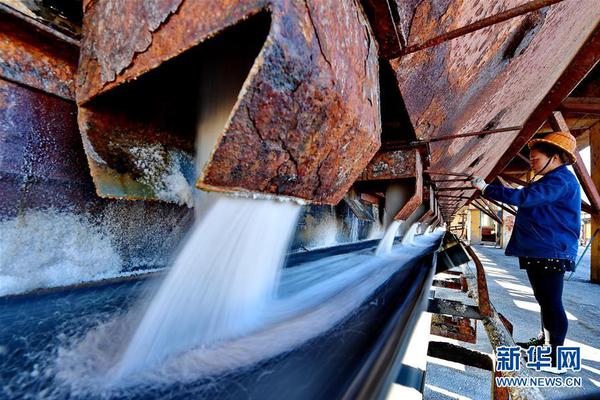 民革中央来潜开展2025年长江生态环境保护民主监督调研
民革中央来潜开展2025年长江生态环境保护民主监督调研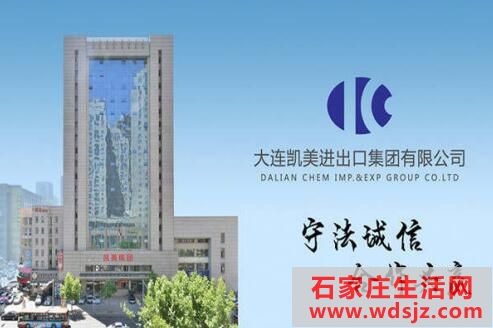 大连化工品供应商哪家好?大连凯美来揭晓
大连化工品供应商哪家好?大连凯美来揭晓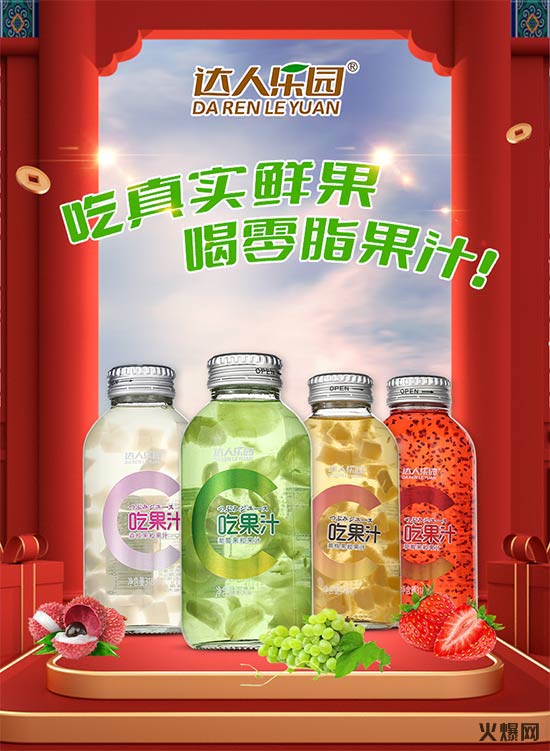 跨界爆款,四季适饮!达人乐园邀您吃果汁!
跨界爆款,四季适饮!达人乐园邀您吃果汁!